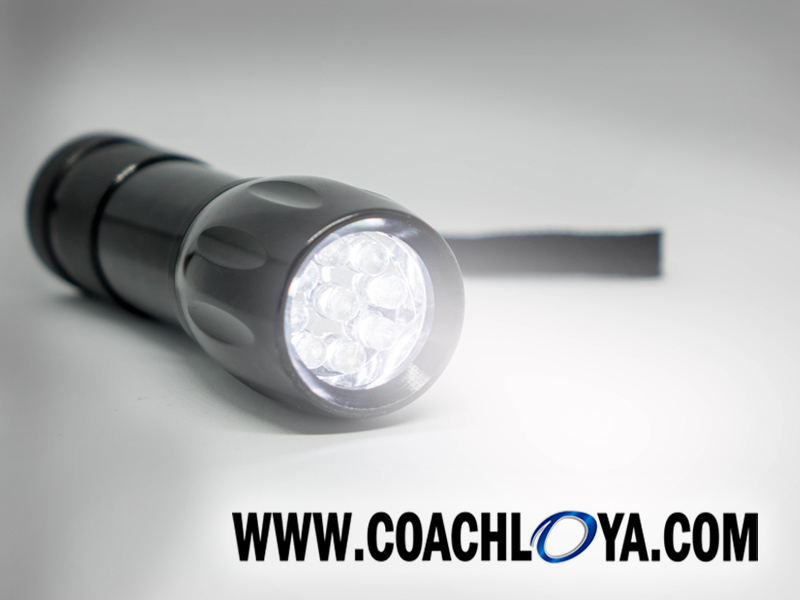My family had a wonderful Christmas and a happy New Year, but the chaos of the holiday season put our house in a state of wreckage. My daughters were on break from school and seemed to take it upon themselves to play with every toy they owned.
Between the rediscovery of their old toys and the exploration of their new ones, our house looked as if it had been struck by a tornado.
In fairness, my wife and I didn’t mind the mess that much. We are aware of the dwindling opportunities we have to watch our daughters play with their toys and we treasure the moments, even if they cause little messiness. However, we were anticipating company and had reached a point where it was necessary to tidy up our house.
We informed our daughters the cleanup was going to require an “all-hands-on-deck” effort and that everyone on the team (family) was expected to help. A few minutes into the operation, however, I noticed my youngest daughter sitting alone in the corner, playing with a Barbie doll. I told her she wasn’t “being a good teammate” and that she needed to help with the cleanup.
She looked at me—with complete sincerity—and said, “I am being a good teammate. I’m staying out of the way and not causing any problems.”
I thought about her response for a minute and smiled. Technically, her staying out of our way was allowing us to work faster and not be distracted. Was her staying out of the way a sufficient enough contribution to make her a good teammate?
A lot of individuals think staying out of the way and not causing any problems for others makes them good teammates. But it doesn’t. Staying out of the way and not causing any problems may keep them from being bad teammates, but it doesn’t make them good teammates.
Good teammates find a way to contribute. They know that the neutrality of non-engagement is an insufficient contribution. Merely staying out of the way is not good enough.
When I was a kid, I used to visit my grandparents. They didn’t have cable television at their house. They had an aerial antenna. One evening, the wind blew their antenna loose and my grandfather had to go on the roof to fix it. He told me to get my coat and accompany him.
My grandmother objected, saying I was too small to climb the ladder and not strong enough to turn the antenna. She thought me staying out of the way would be a better option and questioned my grandfather about what possible contribution I could make. My grandfather replied, “He can hold the flashlight.”
Every team has its own version of holding the flashlight—a small contribution that’s better than no contribution. Instead of just staying out of the way and not causing any problems on your team, consider being a better teammate by finding a way to contribute—even if it’s as simple as holding the flashlight.
As always…Good teammates care. Good teammates share. Good teammates listen. Go be a good teammate.





